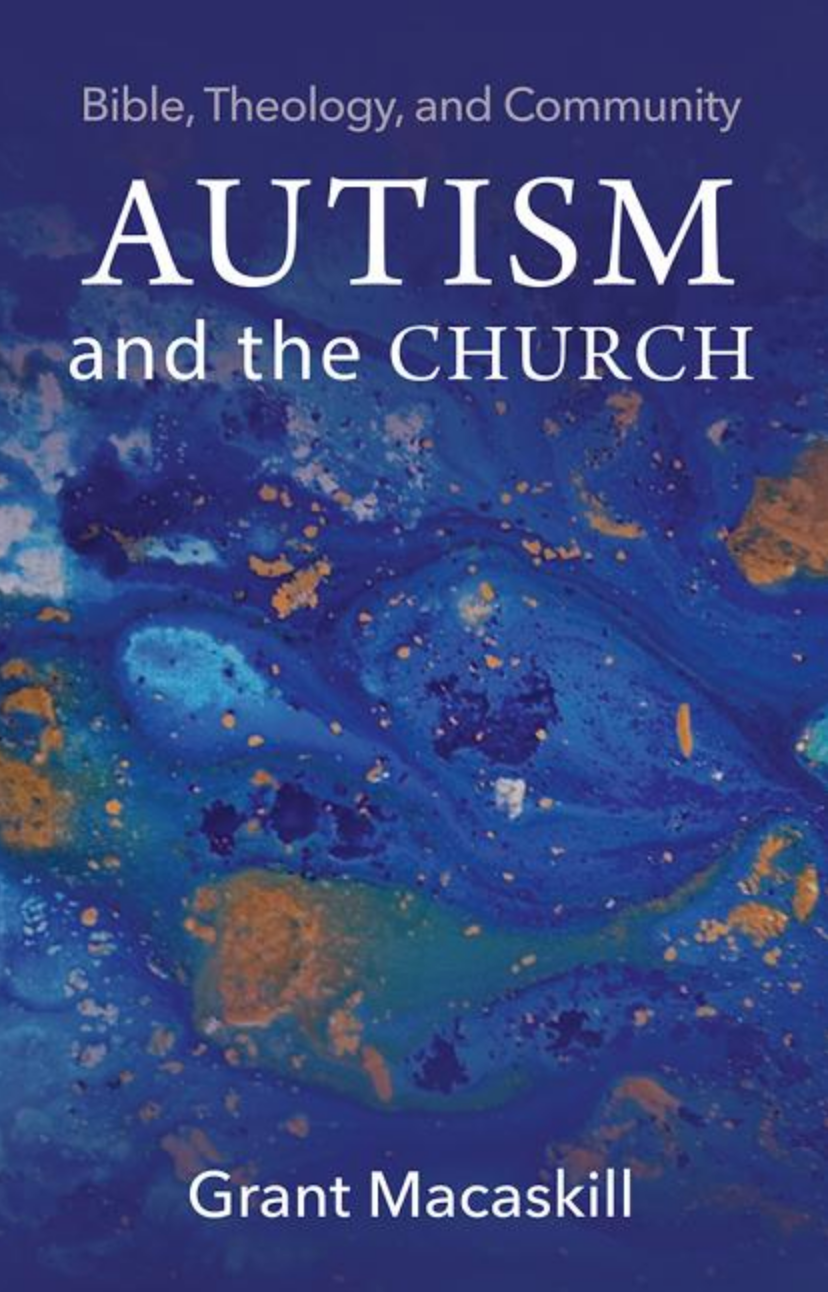Baylor University Press
Couldn't load pickup availability
Share
by: Grant Macaskill
An estimated 76 million people worldwide are affected by autism--current figures suggest that 1 in 100 people live somewhere along the autism spectrum, though many remain undiagnosed. Frequently, autism occurs alongside other conditions, such as anxiety or depression. Yet despite autism's prevalence and impact, the church remains slow to adapt, with responses that are often poorly informed and irresponsible. In Autism and the Church Grant Macaskill provides a careful, attentive, and sustained analysis of the reality of autism within the church and how this should be approached theologically.
Macaskill demonstrates that attempts to read the Bible with reference to autism are often deficient because they move too quickly from the study of particular texts to claims about the condition and how it should be viewed. This leads some Christians to see autism as something that should be healed or even exorcised. Macaskill instead invites readers to struggle with the biblical canon, in ways shaped by the traditions of the early church, to a process of interpretation that calls upon the church, following Christ's teaching, to cherish those who experience autism as part of the diverse gifting of Christ's body. Accordingly, he calls churches to consider the implications of autism in their congregations and to explore how best to accommodate the particular needs of persons with autism in public worship and pastoral care, while valuing their distinctive contribution. In short, Macaskill challenges the church to "think biblically" about autism.
Autism and the Church teaches readers that those with autism belong to the church, demonstrating that, if responsibly read, the Bible provides a resource that enables the church to recognize the value of those with autism. Macaskill shows how the Bible can help both individuals and church bodies flourish, even as the church deals faithfully with the opportunities and challenges that come with understanding autism. He writes as a biblical scholar intimately familiar with the experience of autism, dealing honestly with the real difficulties that can accompany the condition, while challenging misconceptions.


